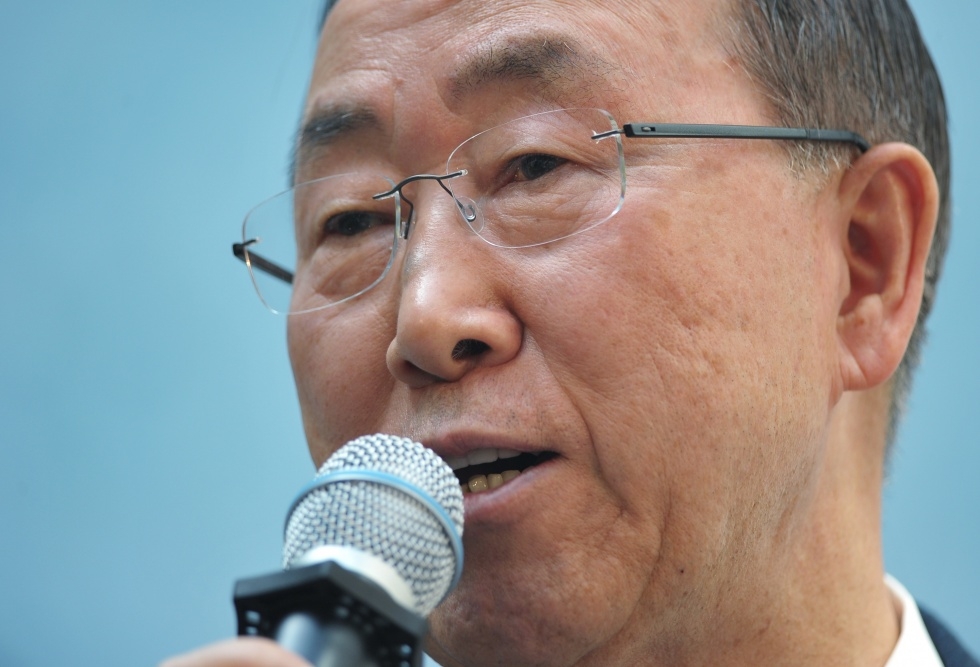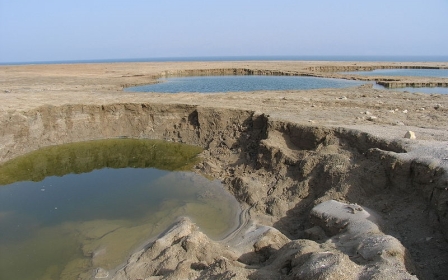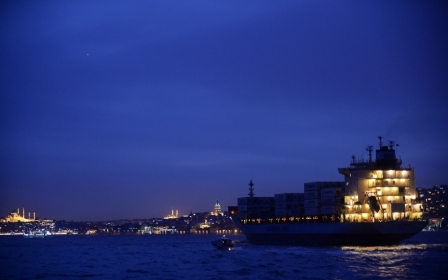Abu Dhabi leads climate change mitigation

A high-level climate change meeting opened Sunday in the United Arab Emirates (UAE) capital Abu Dhabi in the presence of United Nations chief Ban Ki-moon.
The Abu Dhabi Ascent, attended by government, business and civil society leaders, is designed to build momentum for the Climate Summit, to be hosted by the UN in September is expected to push for concrete action to be taken to reduce greenhouse gas emissions and enhance resilience to climate change.
Former US vice president Al Gore, former British prime minister Tony Blair and former Mexican president Felipe Calderon are partaking in the two-day meeting.
“A major focus of Abu Dhabi Ascent will be on the economic benefits of action on climate change," Calderon, who chairs the Global Commission on the Economy and Climate, an initiative sponsored by seven countries into the economics of climate change, said in a statement.
"Reducing emissions, while promoting economic and social development, is the challenge before us, because there is no alternative.”
New MEE newsletter: Jerusalem Dispatch
Sign up to get the latest insights and analysis on Israel-Palestine, alongside Turkey Unpacked and other MEE newsletters
Abu Dhabi, is one of the world's largest oil producers, but has made various efforts to rebrand itslef and become a leading international voice on climate change.
“The UAE is at the forefront of international efforts to mitigate climate change,” said Sultan Ahmed al-Jaber, UAE minister of state and special envoy for energy and climate change.
“As a key mitigation strategy, the UAE has made significant investments to develop and deploy clean energy technologies globally.”
The UAE, the only OPEC nation supplying both hydrocarbons and renewable energy to the international market, has accelerated and adopted renewable energy and clean technologies as a key strategy for climate change mitigation, explained Jaber.
An April report by the the UN's Intergovernmental Panel on Climate Change has once again warned of the urgent need to reduce gases, noting that despite growing recognition of the problem, worldwide greenhouse gas emissions have risen dramatically over the past decade.
In order to limit the increase of the global average temperature to 2 degrees Celsius by mid-century, the report said, the world's nations had to work together to cut greenhouse gas emissions by a minimum of 40 percent, and as much as 70 percent.
“The UAE initiative to host the Abu Dhabi Ascent is an important concrete contribution to the Summit," Ban said in a statement.
"This meeting is a critical milepost on the way that will help build the momentum we need for a successful Climate Summit."
Middle East Eye delivers independent and unrivalled coverage and analysis of the Middle East, North Africa and beyond. To learn more about republishing this content and the associated fees, please fill out this form. More about MEE can be found here.



